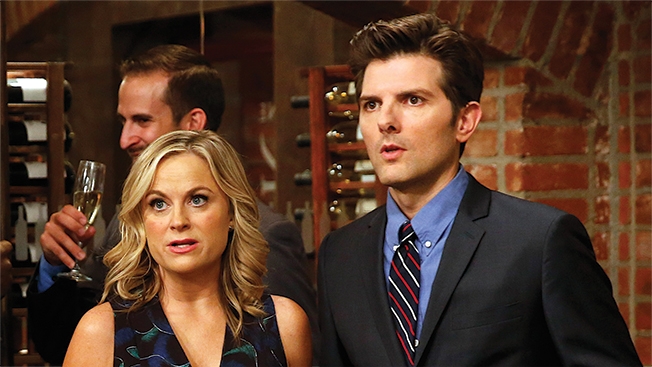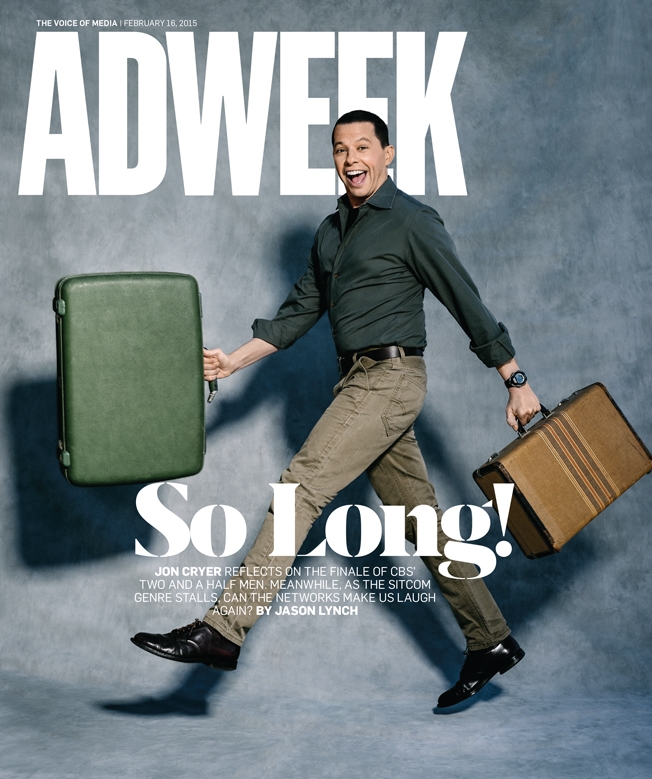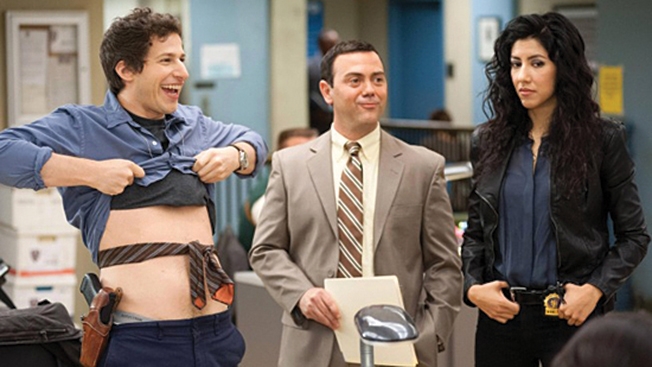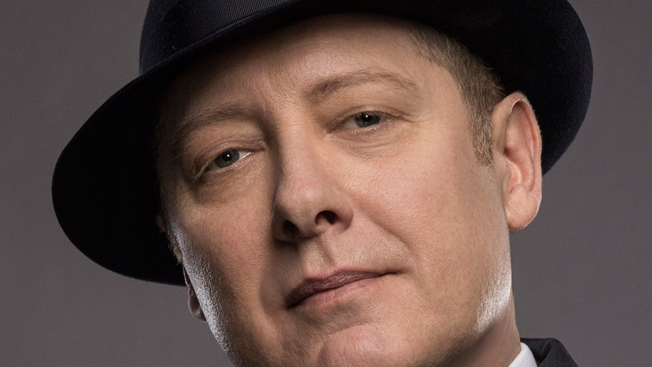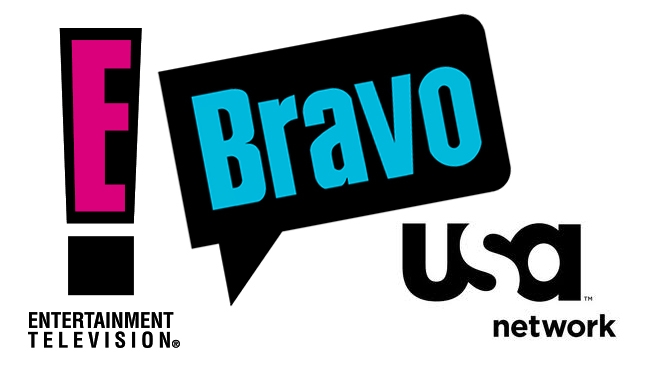While I’ve written dozens of stories for Adweek’s site since last fall, I hadn’t yet written anything for the actual magazine — until today. I made my Adweek print debut in the best and biggest possible way: with a pair of cover stories tied to Thursday’s Two and a Half Men series finale.
In addition to my Jon Cryer Q&A, I also spoke with a dozen network presidents, comedy showrunners and sitcom stars for this deep dive into the not-so-funny state of broadcast comedy as two more long-running sitcoms prepare to say farewell. As I wrote,
With CBS’ How I Met Your Mother closing shop last year, Two and a Half Men wrapping this week, and Parks and Recreation—NBC’s top-rated sitcom in adults 18-49, airing its series finale on Feb. 24—broadcast comedy is in a state of transition. While formidable comedy blocks remain on Sunday night on Fox (The Simpsons, Brooklyn Nine-Nine, Family Guy), Thursday on CBS (Big Bang, Mom, Men) and Wednesday on ABC (The Middle, The Goldbergs, Modern Family, Black-ish), sitcom ratings are down across the board, and this season is littered with failures: ABC’s Manhattan Love Story and Selfie, NBC’s A to Z and Bad Judge, Fox’s Mulaney, and CBS’ The McCarthys and The Millers (the latter last year’s top-rated sitcom in 18-49 but canceled this season after just four episodes).
The news seems grim, but no one is ready to pull the plug on network comedies:
Despite all the struggles, in conversations with network executives, showrunners, stars and media buyers, a surprising consensus emerges: There is still plenty of fight left in the sitcom. Comedy might not be the dominant broadcast force it was a decade ago, but it is still an essential part of the TV landscape and everyone remains optimistic that the next hit could happen as early as, well, this week.
This was such a fascinating and fun story to report and piece together, thanks to invaluable insights from network presidents like CBS’s Nina Tassler and Fox’s Dana Walden, comedy executive producers like Mike Schur (Brooklyn Nine-Nine, Parks and Recreation), Mindy Kaling (The Mindy Project), Stephen Falk (You’re the Worst), Robert Garlock (Unbreakable Kimmy Schmidt) and Chris Miller (The Last Man on Earth) and sitcom stars like Cryer, Kaling and Billy Gardell (Mike & Molly).
Almost all of them arrived at the same conclusion: it’s only a matter of when, not if, the next hit sitcom is created.
Hollywood remains solidly confident that TV’s next great comedy is just around the corner. “Television’s a very cyclical business,” points out Walden, noting that when she started at 20th Century Fox Television in 1992, the powers that be had decided dramas were done. Then, the studio developed The X-Files for Fox and Steven Bochco created NYPD Blue for ABC, and they were suddenly hot again. “You can’t ever rule out a genre of storytelling,” says Walden. “There’s going to be another breakthrough comedy, and then we’re going to say, ‘Oh, comedy is back!'”
In addition to following the link and reading the whole story, make sure you pick up this week’s issue!
